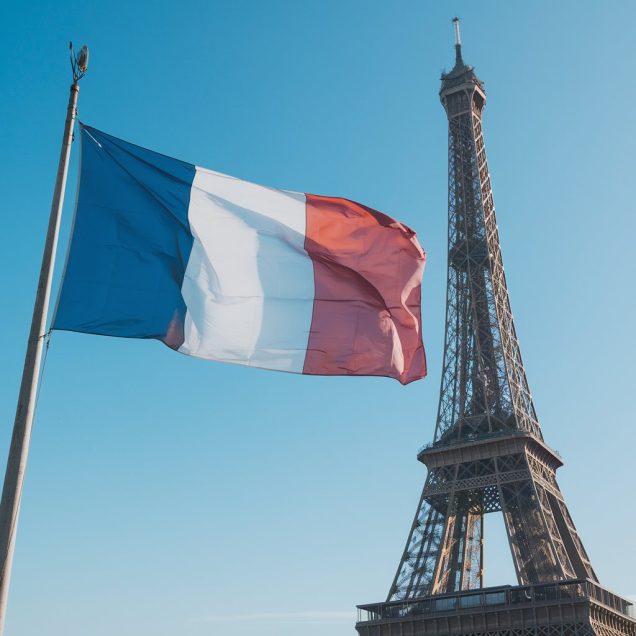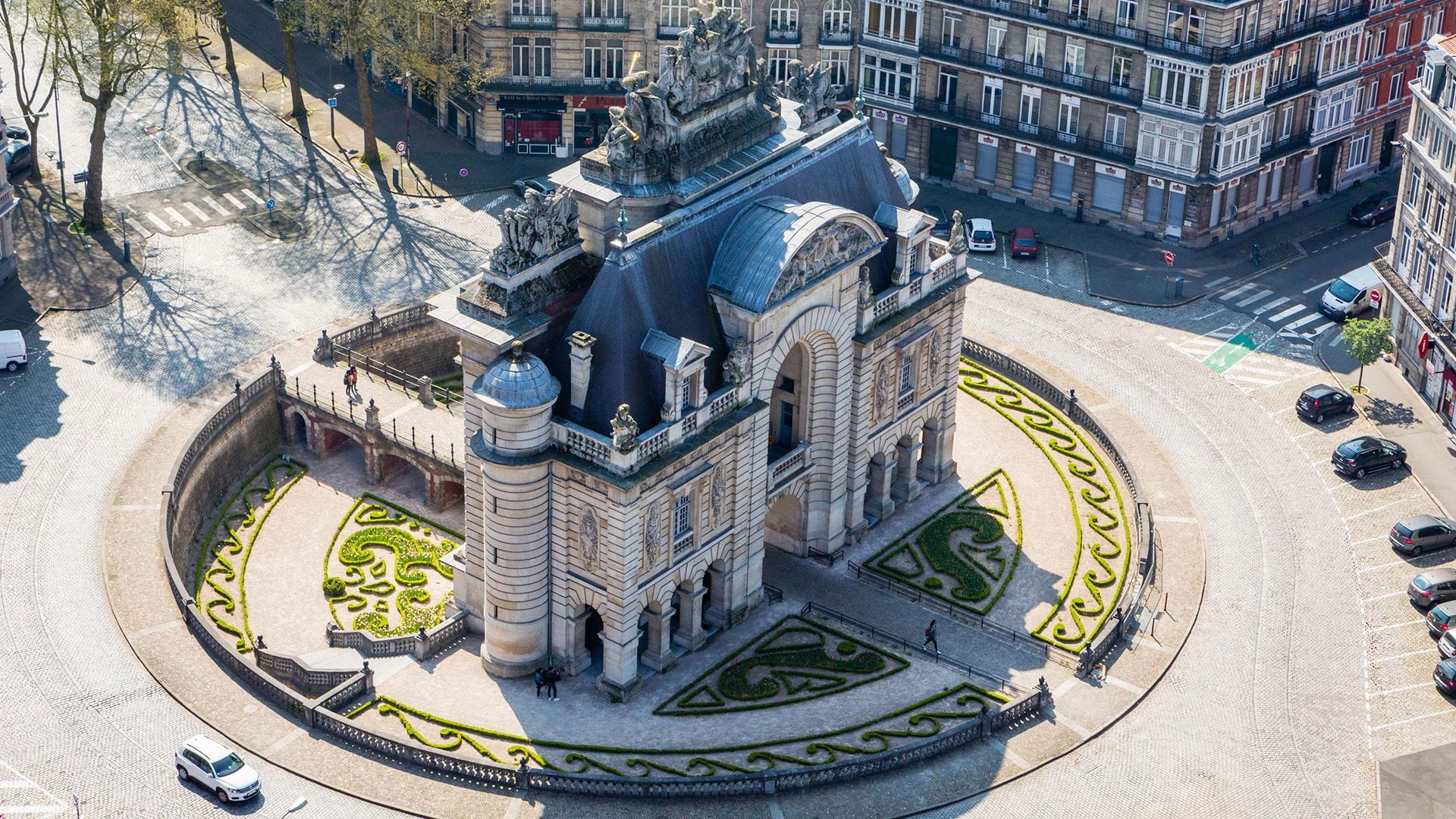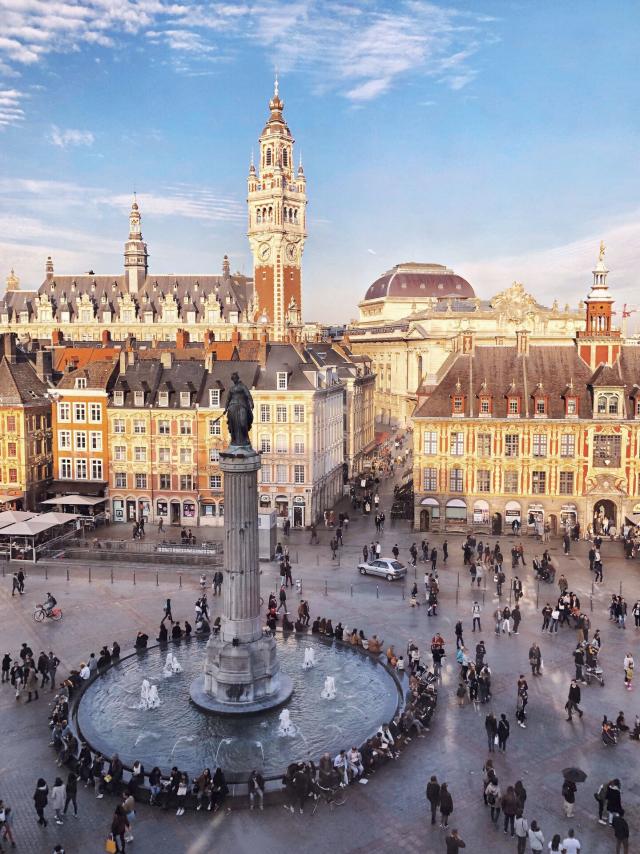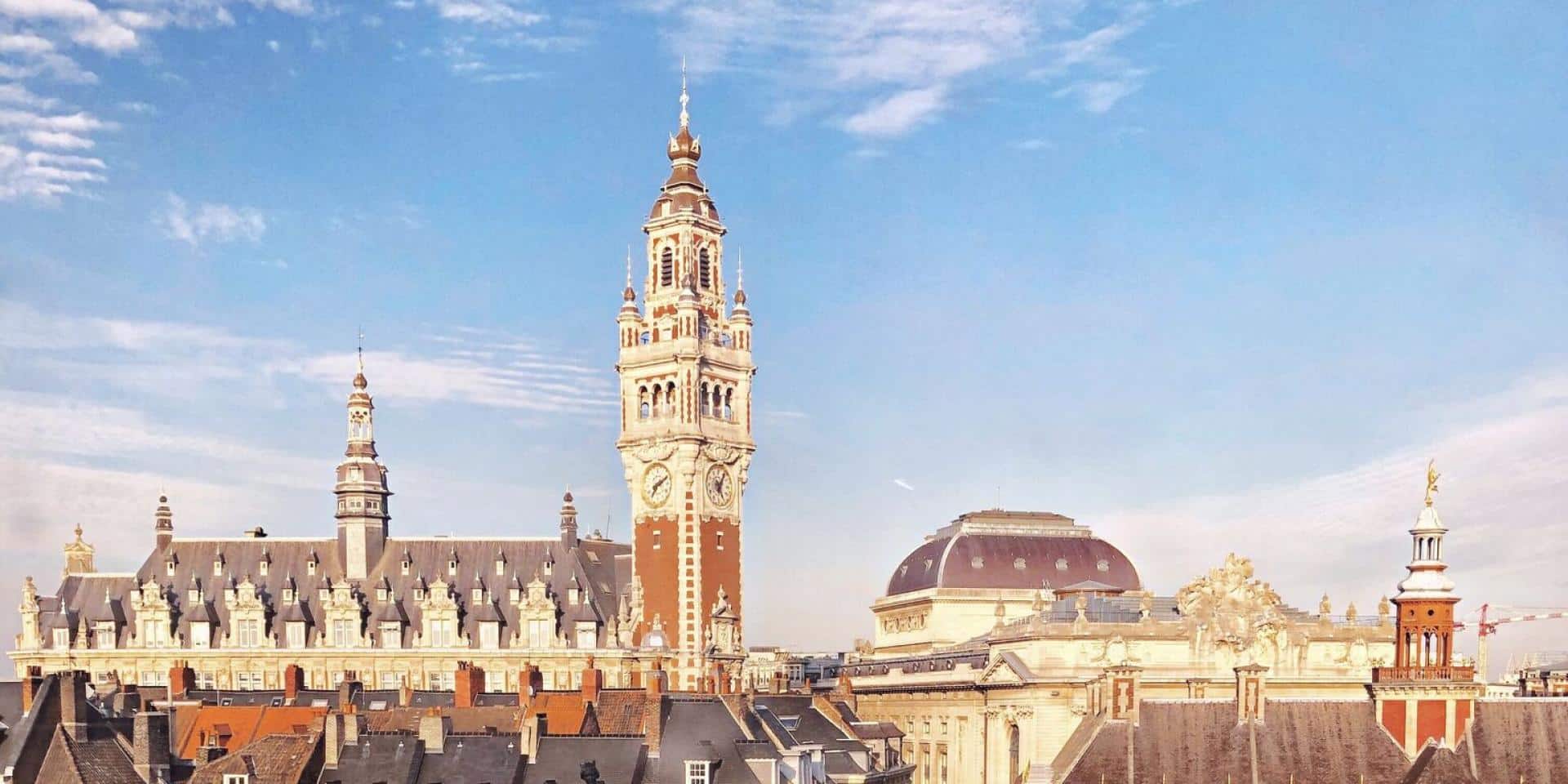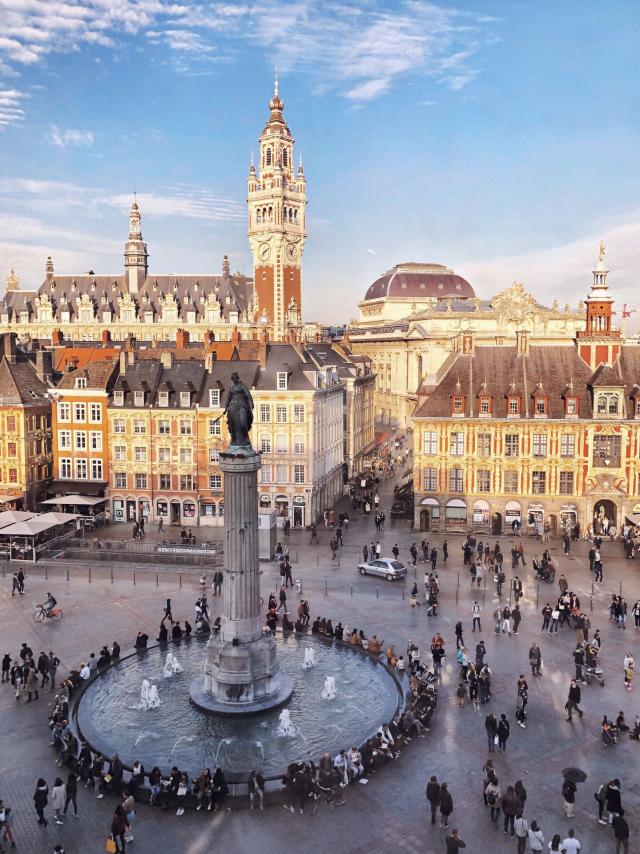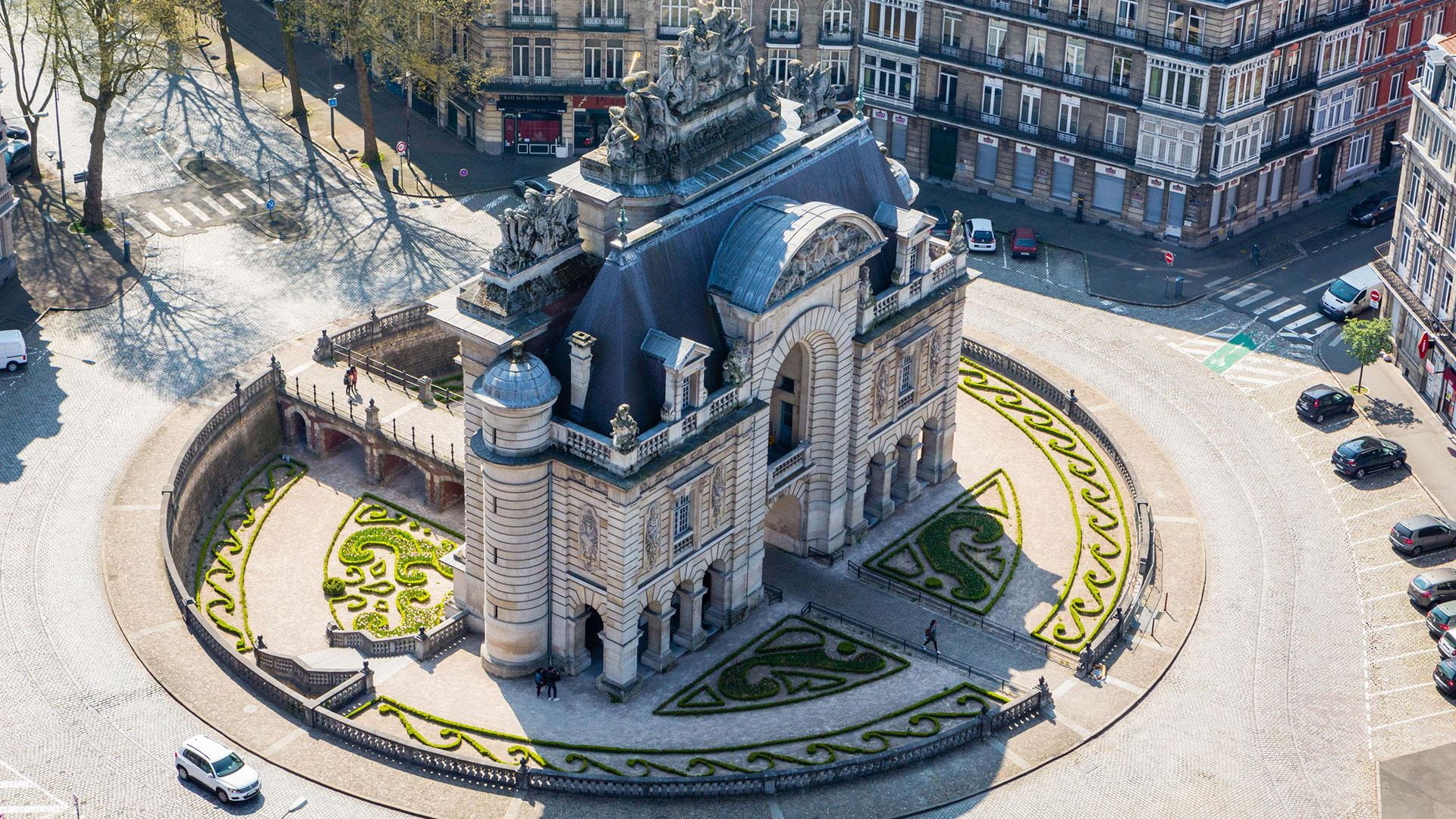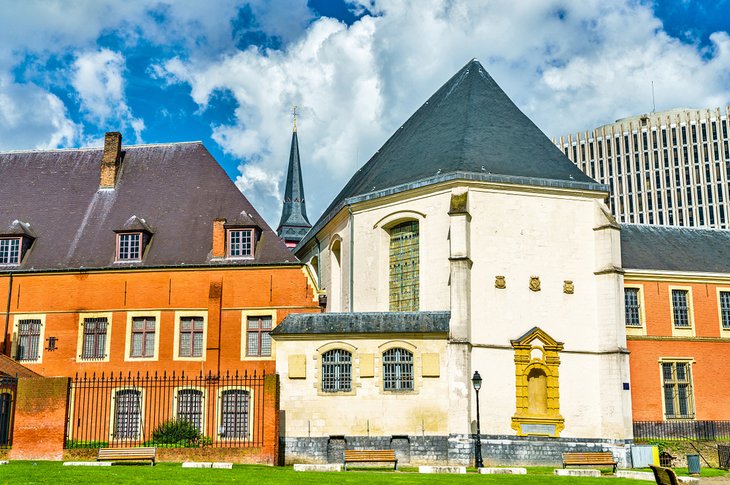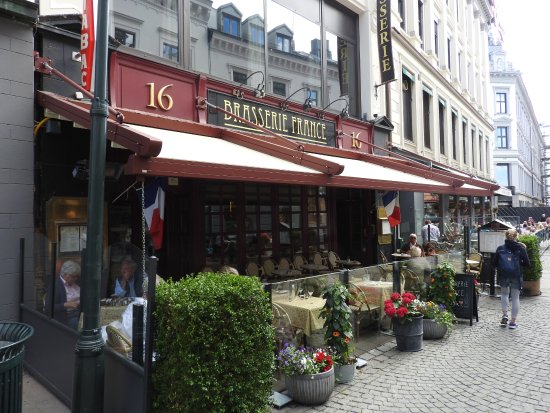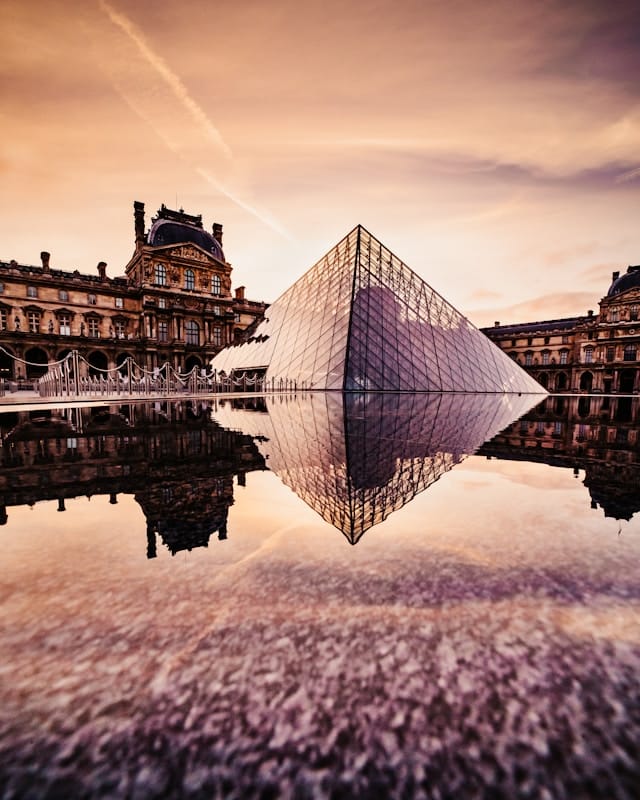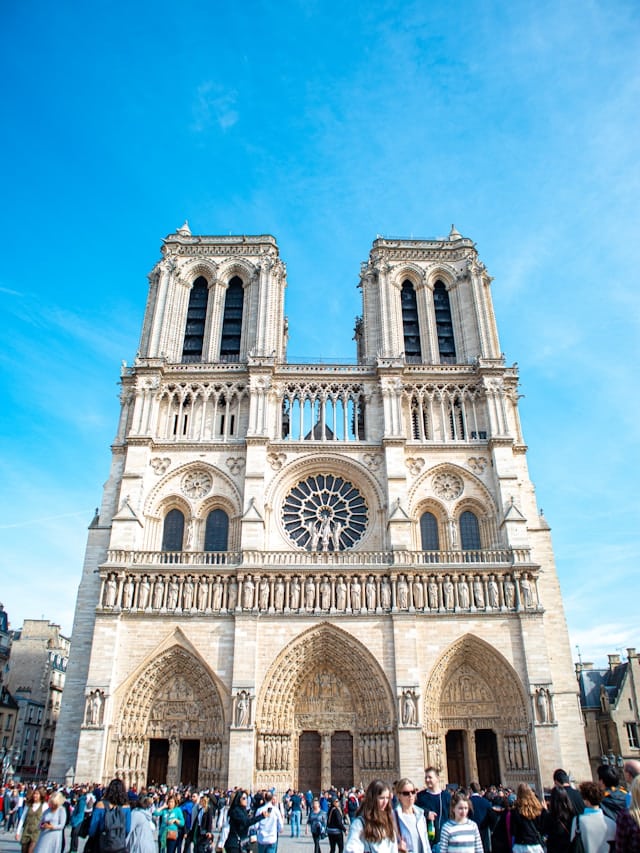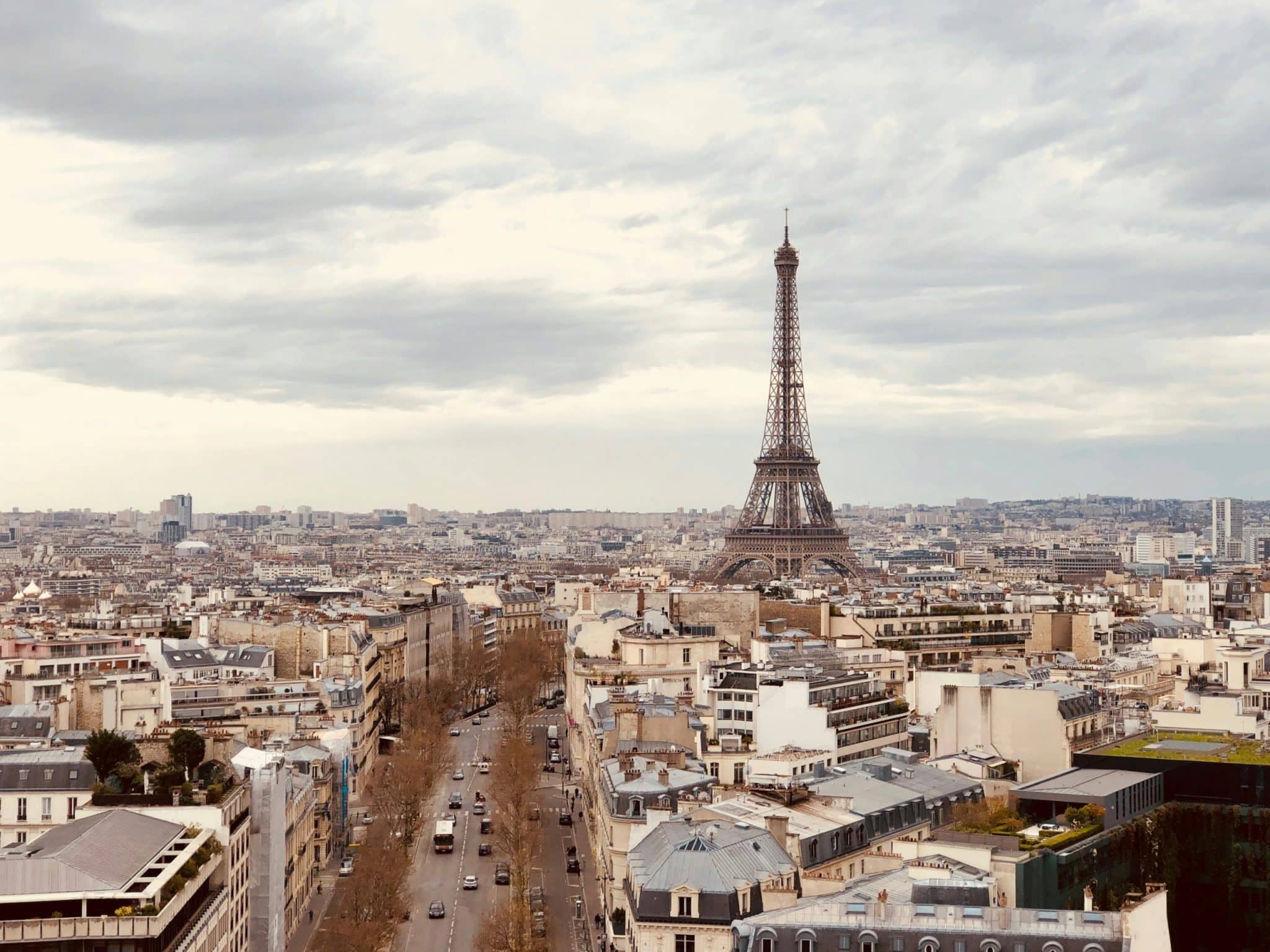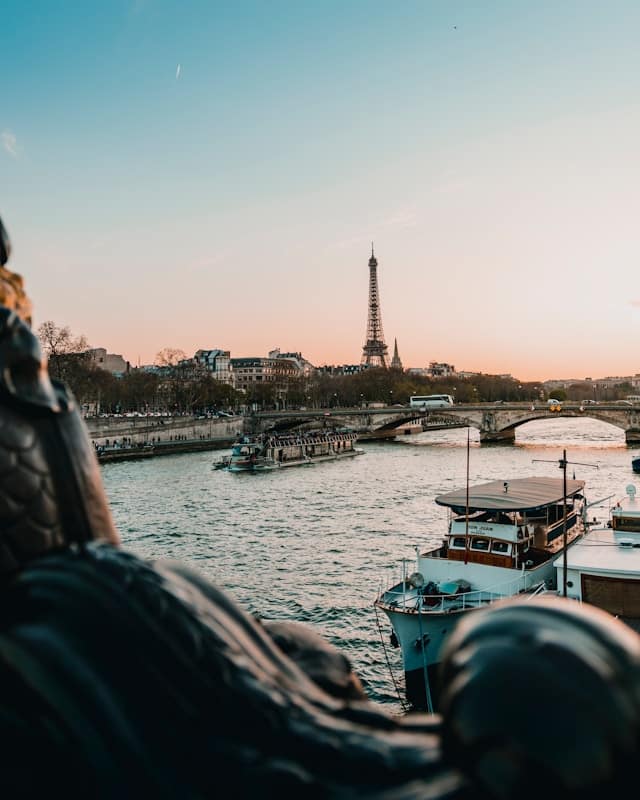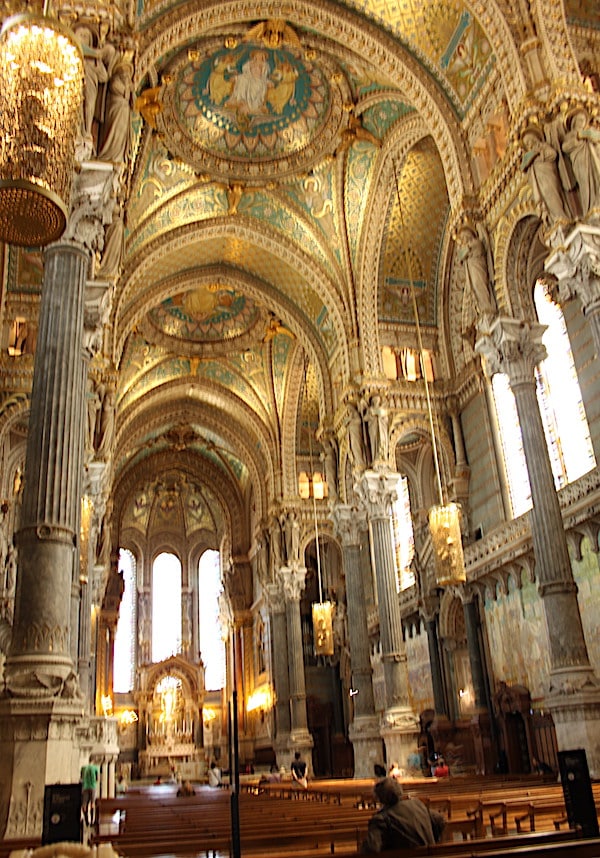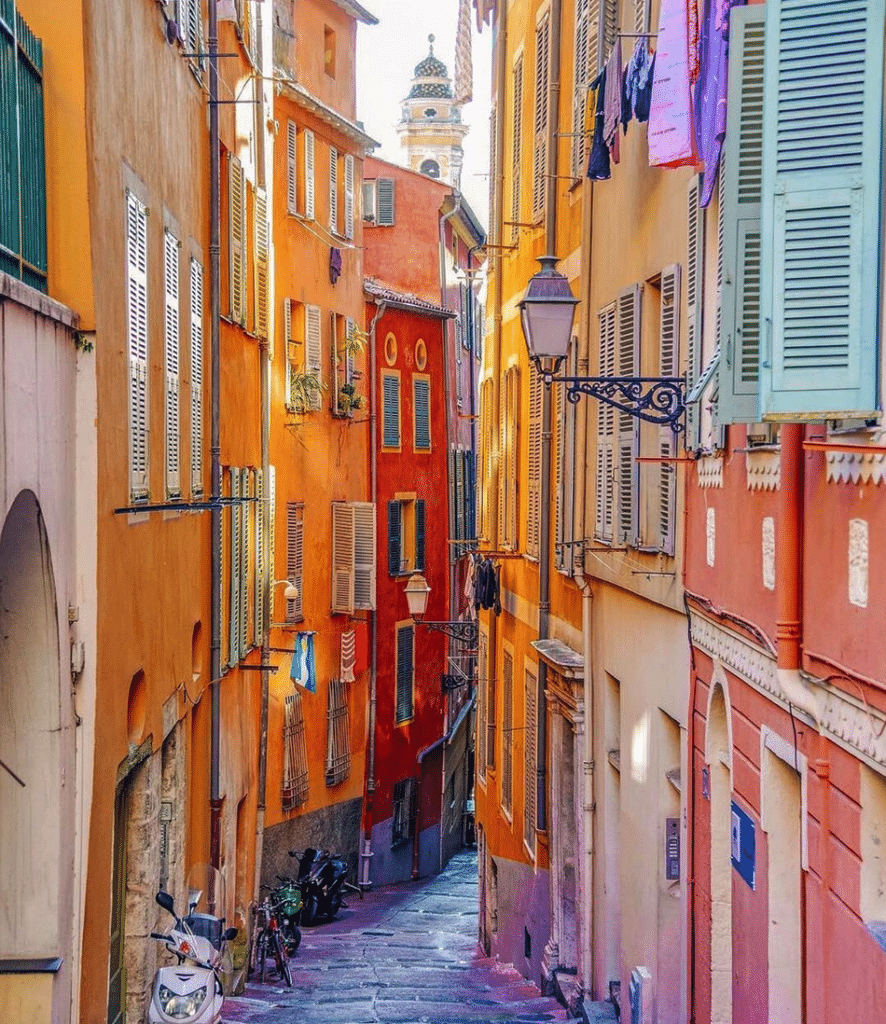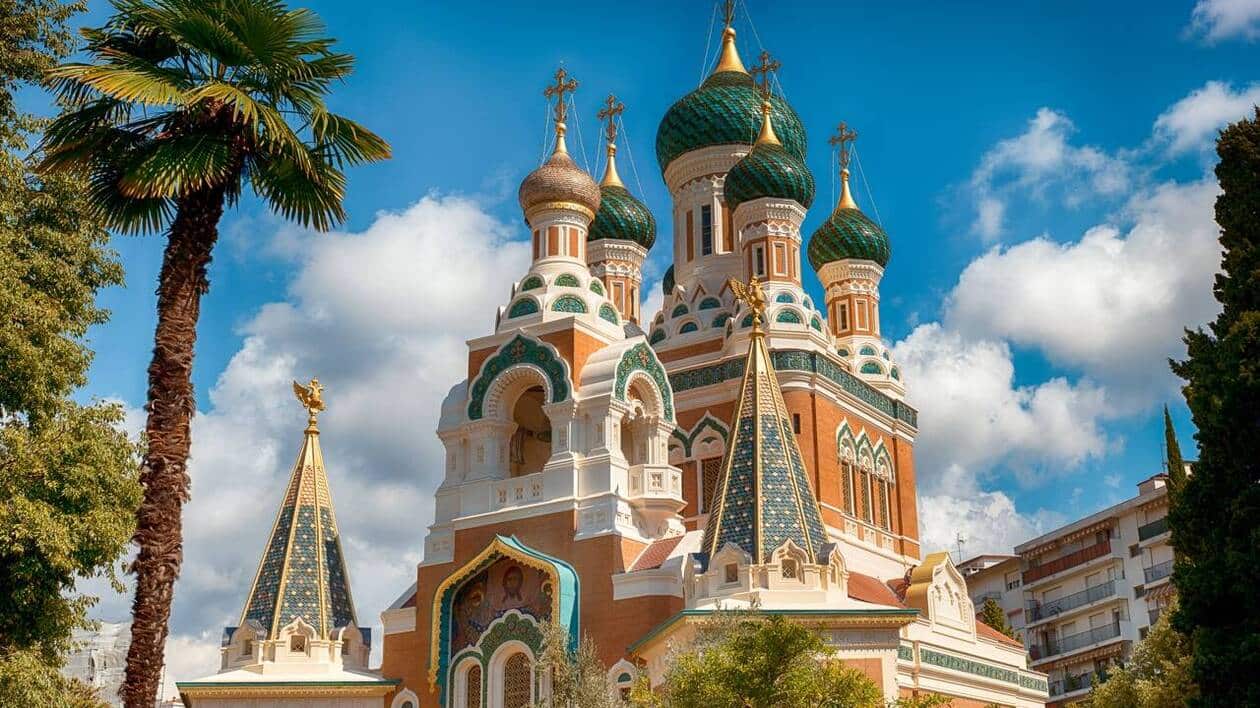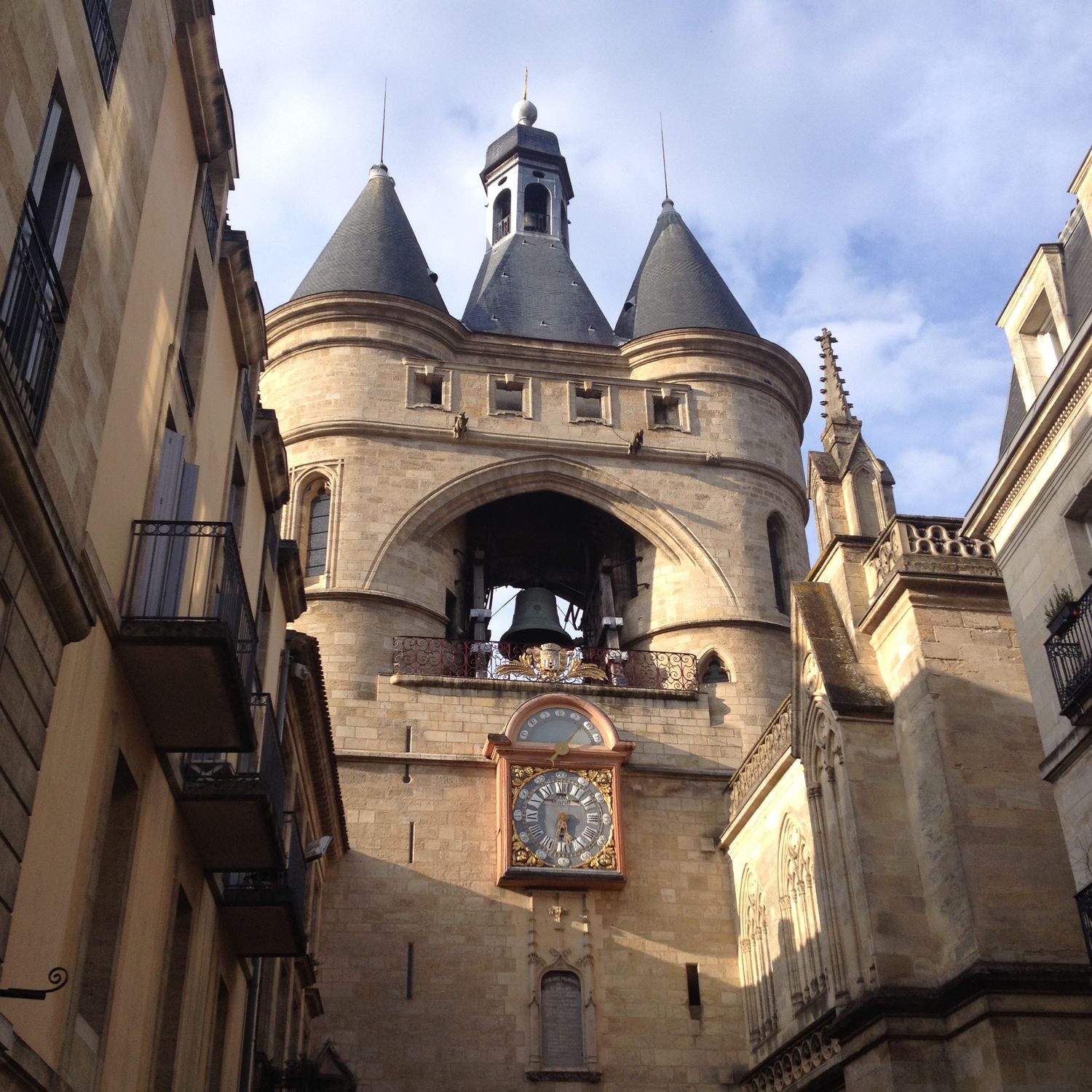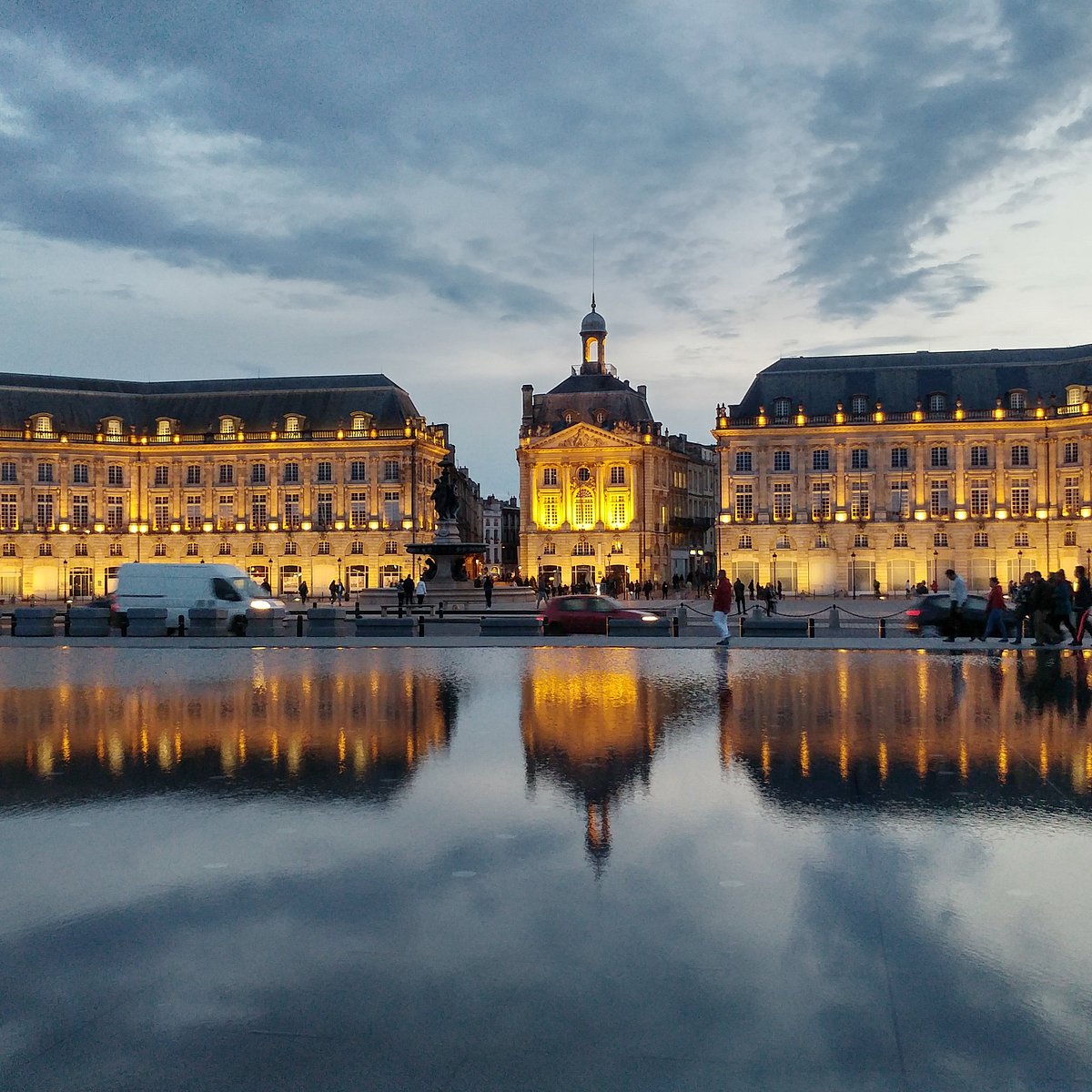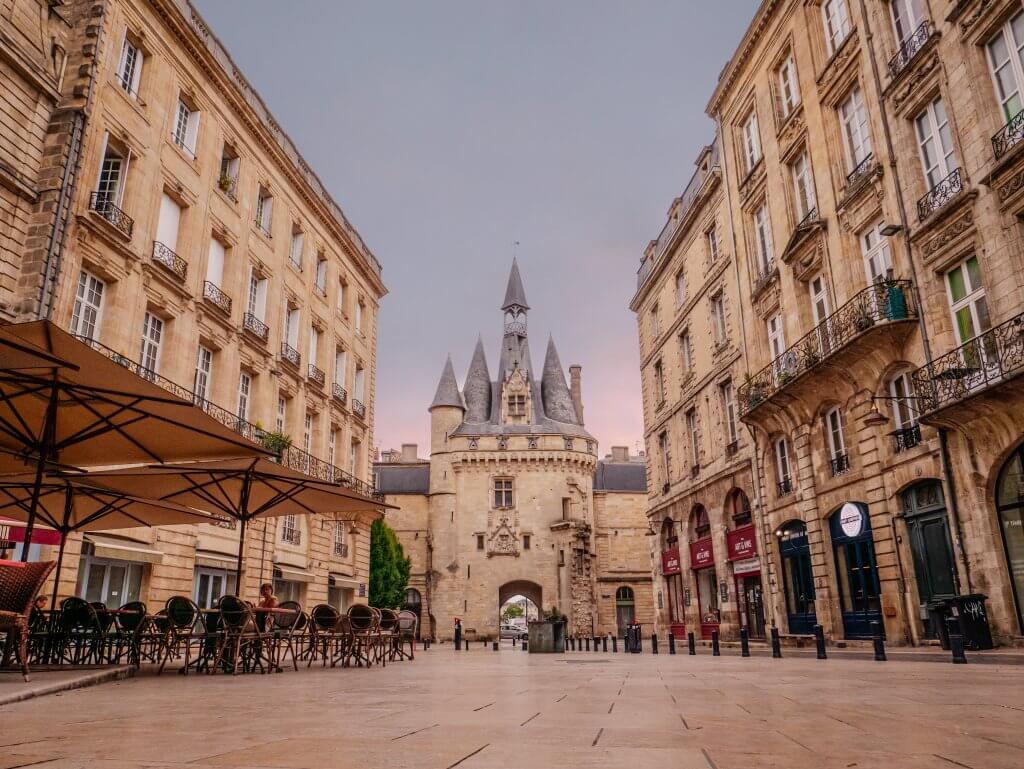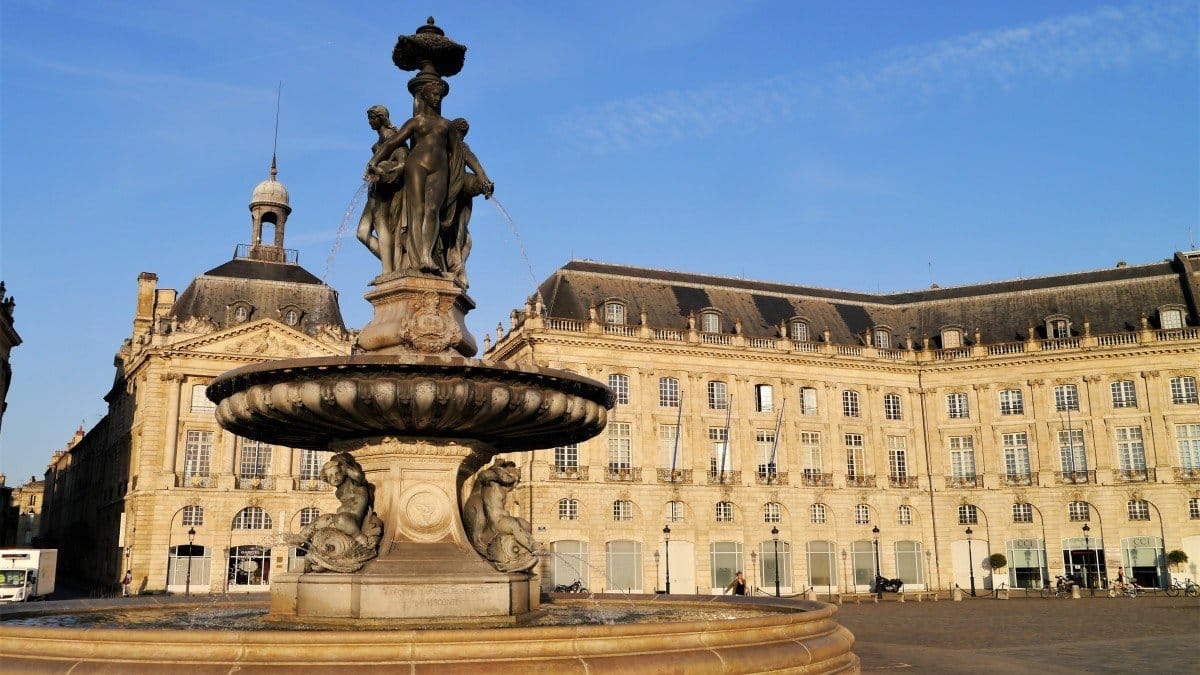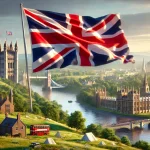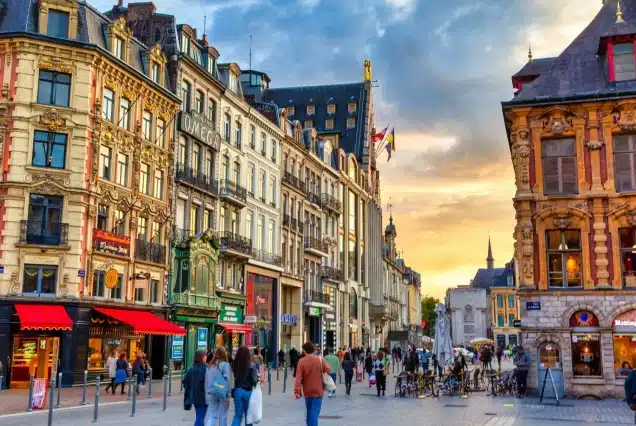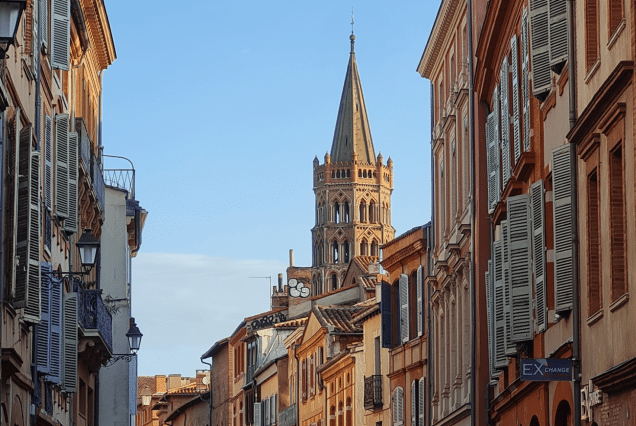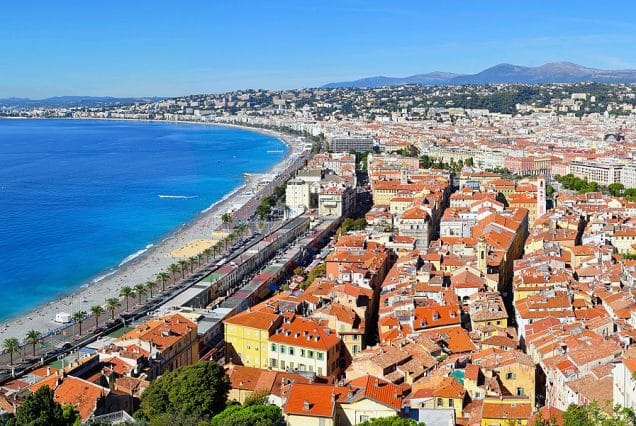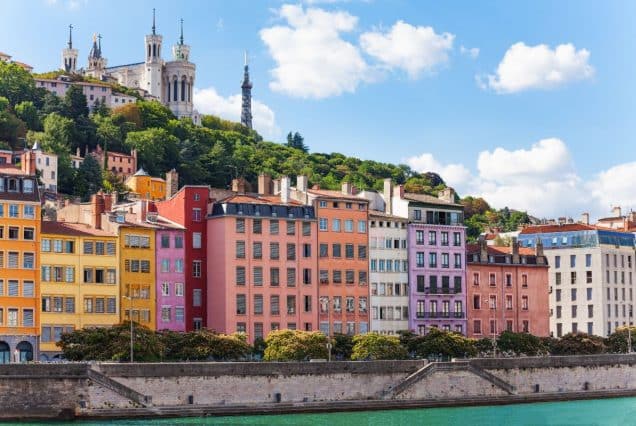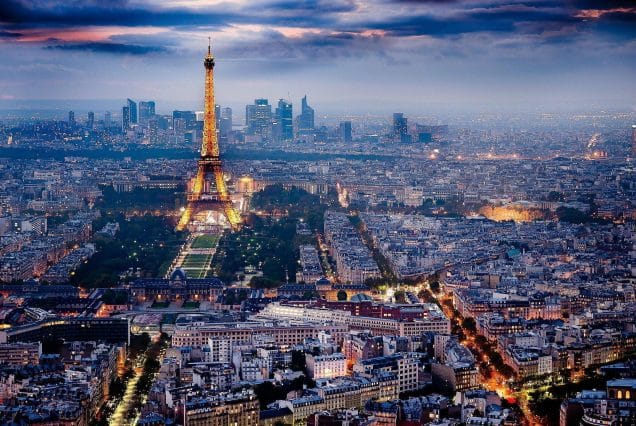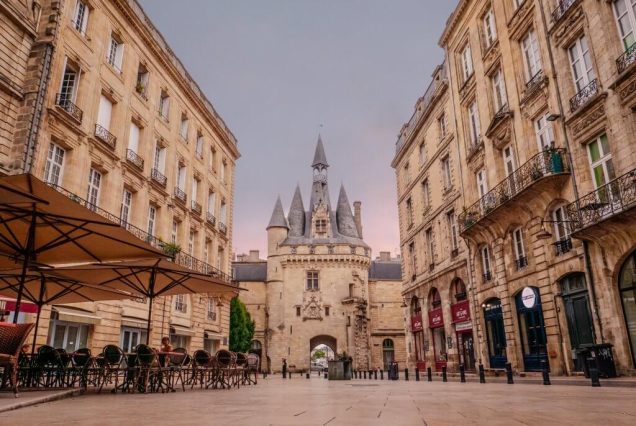

Discover France
Sights
Map
Info
France is a country known for its rich cultural heritage, stunning landscapes, and world-renowned cuisine. From the romantic streets of Paris to the picturesque villages of Provence, France offers a diverse range of experiences for travelers. The country is also a global leader in fashion, art, and history, with countless museums, galleries, and historical landmarks to explore. When planning a trip to France, there are several key points to keep in mind to ensure a smooth and enjoyable experience.
Visa and Passport Requirements
Schengen Visa: France is part of the Schengen Area, so most visitors from outside the EU will need a Schengen visa for short stays.
EU citizens: EU citizens do not need a visa, but travelers from other countries should ensure their passport is valid for at least three months beyond their intended departure date.
Visa-Exempt Countries: Visitors from visa-exempt countries can stay up to 90 days without a visa within the Schengen Area.
Transportation
Public Transport: Major cities like Paris have extensive public transportation networks, including metros, trams, and buses.
Taxis and Car Rentals: Ride-sharing services like Uber are widely available, and renting a car is convenient for exploring rural areas.
Trains: The TGV (Train à Grande Vitesse) high-speed trains offer fast and comfortable travel between major cities.
Accommodation
Luxury Hotels: France offers world-class five-star hotels, especially in Paris and other major cities, providing high comfort and extensive services.
Mid-Range Hotels and B&Bs: Affordable options are available in city centers and tourist areas, offering comfortable stays at reasonable prices.
Airbnb and Vacation Rentals: Renting an apartment or house is a popular option, especially for longer stays or when traveling with a group.
Dining
Michelin-Starred Restaurants: France is famous for its haute cuisine, and Michelin-starred restaurants offer top-tier dining experiences.
Brasseries and Bistros: These more casual dining spots serve traditional French dishes at affordable prices.
Local Markets: Exploring local markets is a great way to taste authentic French products like cheeses, bread, and wines.
Cultural Considerations
Politeness and Social Norms: French people value politeness, so greeting with “Bonjour” and saying “Au revoir” when leaving is important.
Dining Etiquette: Meals are a social activity, and conversations are typically relaxed and enjoyable. Meals should be savored rather than rushed.
Photography: In museums and private spaces, photography may be restricted, so it’s best to ask for permission first.
Language
French : French is the primary language spoken, so knowing basic phrases can be helpful.
English Usage: English is understood in tourist areas, but in rural regions, speaking French is more important.
Translation Apps: Mobile translation apps can be very useful in overcoming the language barrier.
Technology and Communication
Wi-Fi Access: Wi-Fi is widely available in major cities and hotels, though it may be more limited in rural areas.
SIM Cards and Mobile Data: Local SIM cards or international roaming plans provide mobile data for staying connected.
Power Adapters: France uses the European standard (220V) for electrical outlets, so appropriate adapters may be needed.
Shopping and Payment
Credit Card Usage: Credit cards are widely accepted, though cash may be needed in smaller shops.
Shopping Streets and Boutiques: Paris’s Champs-Élysées and other major shopping streets offer luxury boutiques and global brand stores.
Tax Refunds: Non-EU tourists can request tax refunds on purchases above a certain amount.

